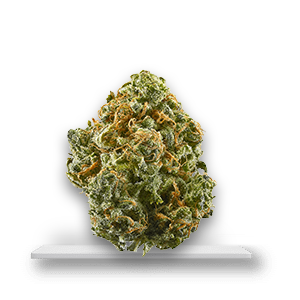Cannabidiol is the new wellness hype these days. It is finding its way in pretty much everything – be it edibles, oils and tinctures, skin creams and topicals, or food ingredients. In addition, CBD’s curative properties have allowed us to use this cannabis compound to treat various health conditions.
That said, CBD is still being studied extensively, and there are many things we still don’t know. While the findings so far have been highly encouraging, some questions remain like:
- Does CBD have any side effects?
- Is it safe? Will I get addicted to CBD?
- Can I take it with other medications?
CBD is safe and well-tolerated
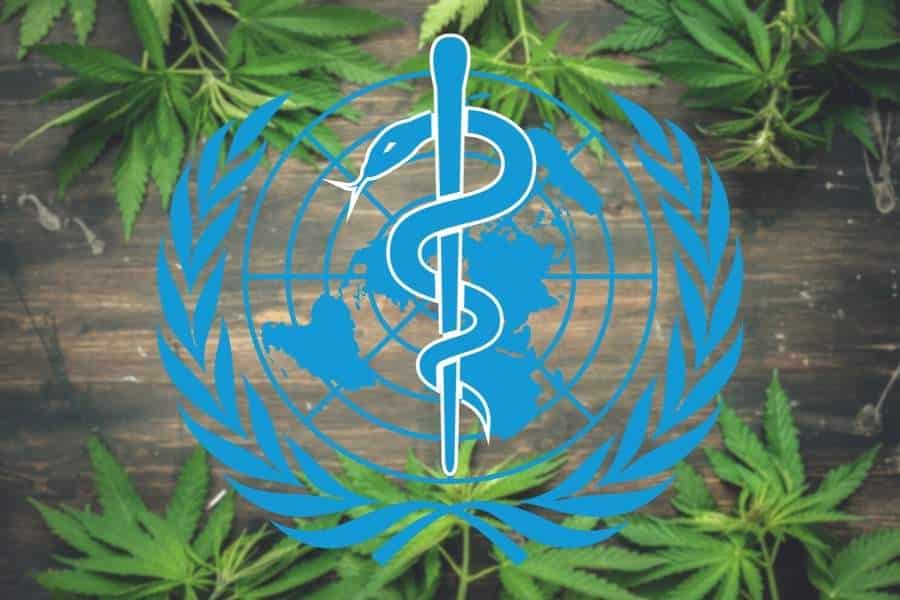
In 2018, the World Health Organisation (WHO) published a Critical Review Report on Cannabidiol. The study explored the safety profile and addiction tendencies of CBD alongside potential therapeutic uses.
As per the report, CBD exhibits no dependence or abuse potential in humans. Furthermore, controlled human experiments and studies indicate that cannabidiol does not lead to addiction or abuse tendencies, unlike THC – the psychoactive cannabis compound more commonly related to marijuana dependency.
The same is also verified by this extensive review of over 100 research papers. As a result, the authors concluded that CBD is well-tolerated in high doses and is safe for consumption.
It is also in line with the non-psychoactive nature of cannabidiol. Since it does not target the brain as extensively as THC, the propensity for abuse or addiction is negligible.
There have been studies suggesting that CBD can be used as a potential remedy for addictive behaviours. Although the findings are limited, existing data indicate that cannabidiol can help reduce cravings and anxiety stemming from tobacco and opioid use, cocaine use, or alcohol abuse.
This characteristic of CBD is also one of the many reasons why countries globally, including Thailand, have welcomed it with open arms. It is not as mind-bending and engaging as THC but has the goodness of cannabis. Combined with its health benefits for the mind and body, we have got ourselves a natural treatment that makes for a viable alternative to OTC medications.
For the same reason, CBD is also accepted in the sporting world. The World Anti-Doping Agency has excluded cannabidiol from its list of prohibited substances and allows for its use in competitions.
List of side effects
The use of CBD does come with specific side effects. Many of these are short-term; they can last for a few minutes to several hours. They tend to disappear when the CBD is eliminated from the system. These short-term effects are more common and usually dissipate without any severe consequences.
Long-term effects take time to develop and are associated with chronic use. They also arise not purely from CBD but also from other modes like consumption (smoking, vaping) or mixing it with other medications.
| Short-Term Effects | Long-Term Effects |
|---|---|
| Dry mouth | Change in weight |
| Nausea | Liver problems and toxicity |
| Fatigue/drowsiness | Common infections |
| Rashes | |
| Diarrhoea | |
| Reduced appetite |
The way you take CBD can go a long way in reducing some of these side effects. Mentioned below are a few instances:
Smoking CBD may not be that beneficial
Smoking or vaping are often related to nausea, cough, sore throat, or dry mouth. This is because smoke inhalation damages the lungs and increases the concentration of carbon dioxide and carbon monoxide in the bloodstream. For seasoned smokers, they may tolerate it well but for non-smokers, it may lead to unwanted effects.
One way to minimise the risk would be to take CBD through other means like oils & tinctures or edibles. If you are taking CBD for pain, you may consider topical use; since it is CBD is applied directly to the skin, it doesn’t reach the bloodstream to that great an extent.
CBD with other medications
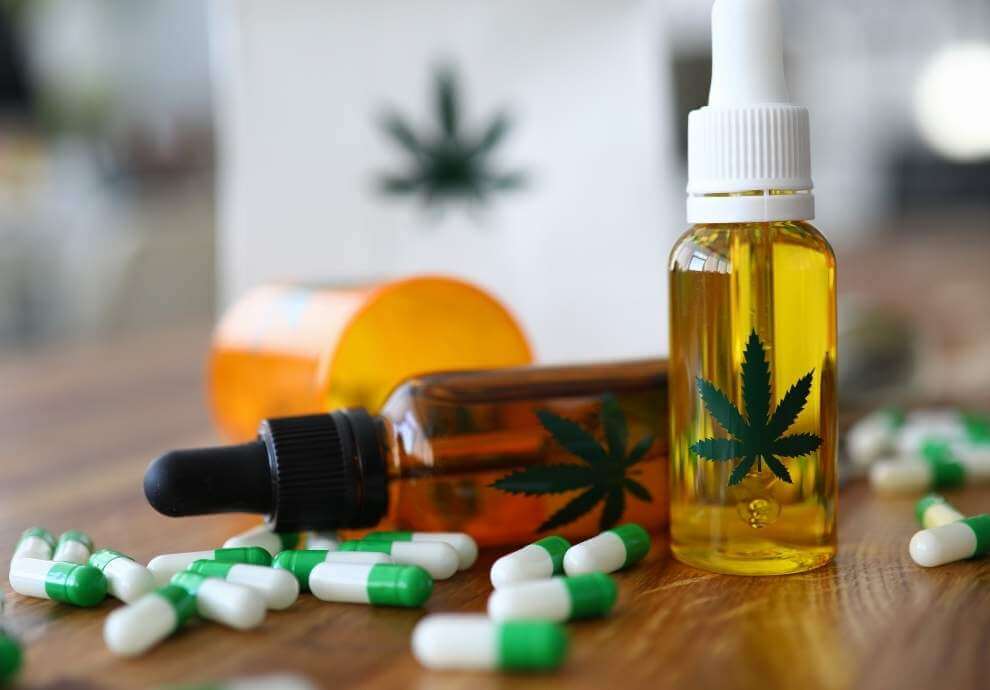
CBD has shown a strong propensity to interact with other medicines and possibly hinder their actions.
When you take a medicine or any other dietary supplement, it has to pass through your digestive system and be metabolised by the liver before it can reach the bloodstream. CBD can interfere with the liver’s function in this regard; it can change how quickly or slowly your liver processes these medications. As a result, the medicine concentration that enters your system can vary greatly, leading to varying effects and side effects.
That’s why it is strongly recommended that if you are on existing medications, you should consult your doctor before adding CBD to your daily routine. The doctor may tweak the dosage to accommodate it in your body better.
Medical history matters
Although CBD is found to be effective for treating insomnia, chronic pain, epileptic problems, and mental disorders, it can worsen health conditions in some cases. Low blood pressure is one common example.
Since CBD is a known relaxant and can lower blood pressure, it can be detrimental for those already with this condition. If you have minor health problems, you may be better off consulting your doctor.
Similarly, CBD is not recommended for pregnant or breastfeeding women or for individuals with liver problems.
High-quality product makes all the difference
If you want to make the most of CBD, then you will be better off going for a premium product coming from a reputed company.
In many cases, CBD oil manufacturers tend to cut corners during production, whether using an inferior cannabis strain, using synthetic CBD instead of the natural one, contaminating it with THC, or adding chemicals, preservatives, or fillers. The end CBD extract may contain heavy metals, pesticides, or contaminants when this happens.
These can also lead to allergic reactions like rashes, headaches, or nausea. More often than not, allergies from CBD products occur due to the ingredients used – aromatics, carrier oils, or additives – than from CBD itself. For example, if you are allergic to coconut, using a CBD tincture containing coconut oil as the base may not be a good idea.
Hence, you may want to ensure that the CBD product you are buying is:
- Organic, natural, free of chemicals and contaminants
- Comes from a reputed, trustworthy brand, like the ones found here.
- Has a Certificate of Analysis and is third-party tested by independent labs
- Free of common allergens (varies from person to person)
Parting thoughts
Although the chances of you getting addicted to CBD are next to zero, you may want to be aware of the certain side effects associated with cannabidiol use. In most cases, it is well-tolerated and safe. In addition, taking CBD on a full stomach and keeping yourself hydrated can help you avoid common effects like dry mouth or nausea.
That said, it can be complicated by existing medical conditions and history, use of medications, or opting for an inferior product. As far as possible, always go for a superior CBD extract that comes from a trusted producer and if ever in doubt, consult your doctor.

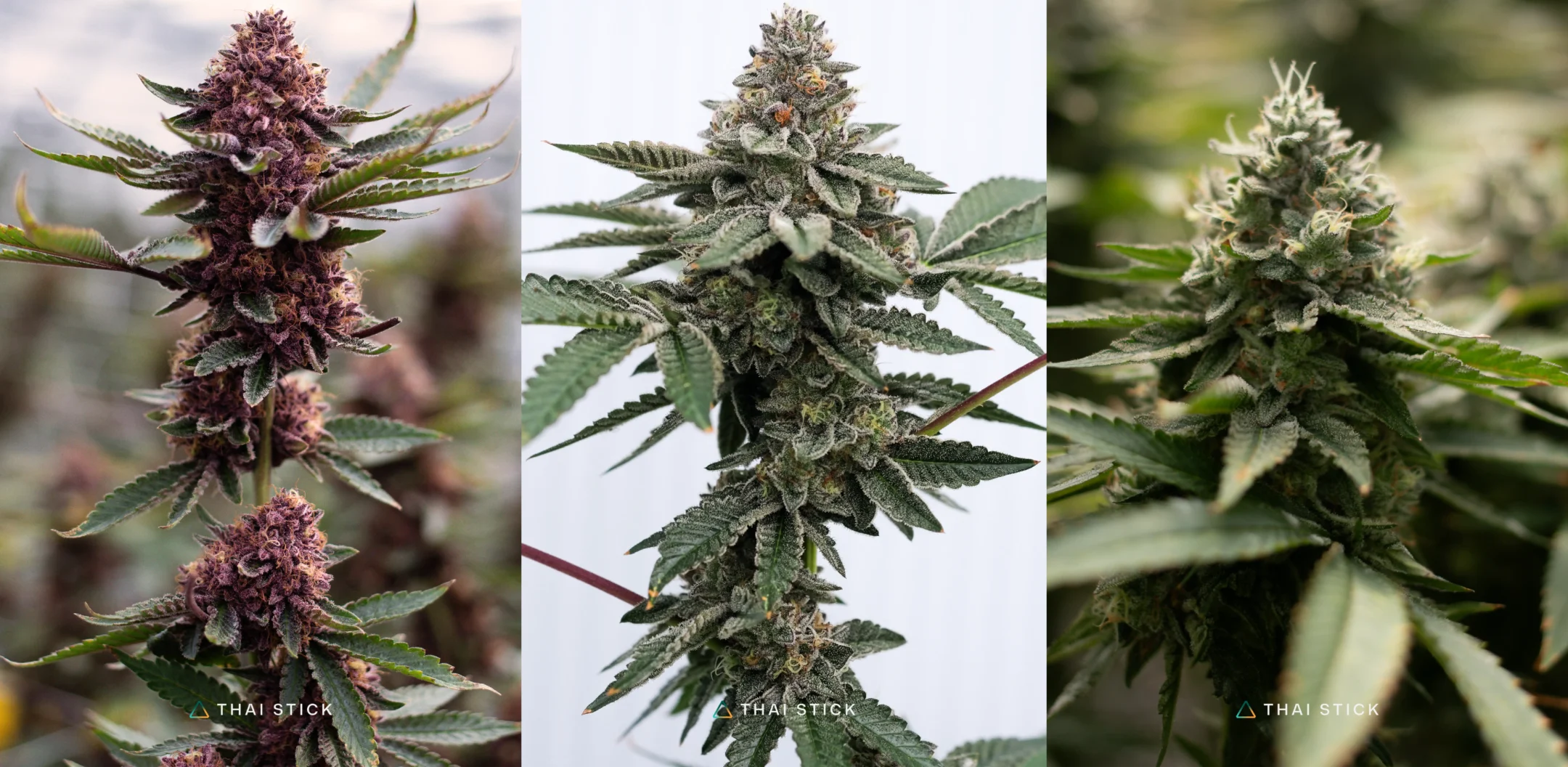
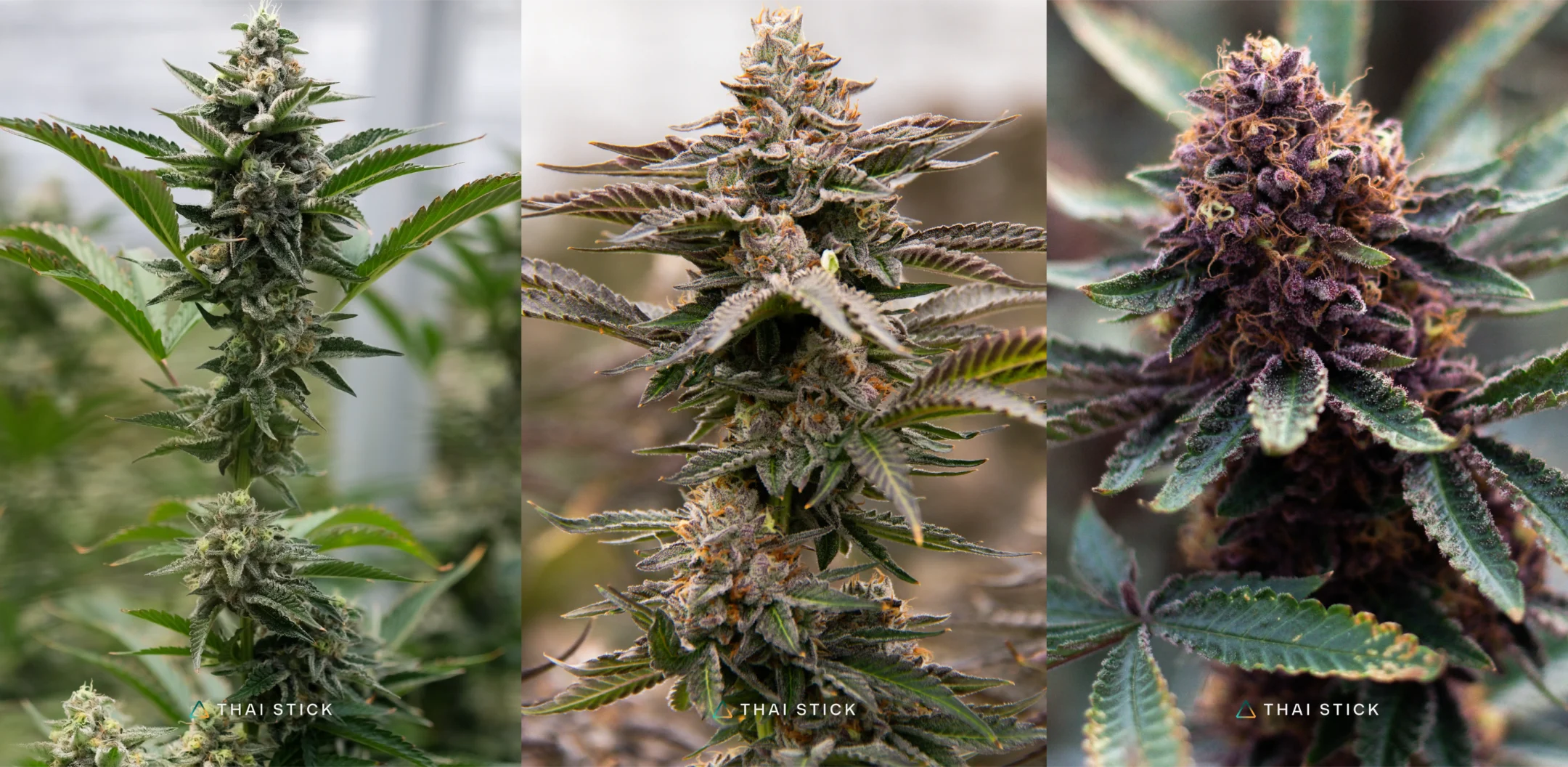

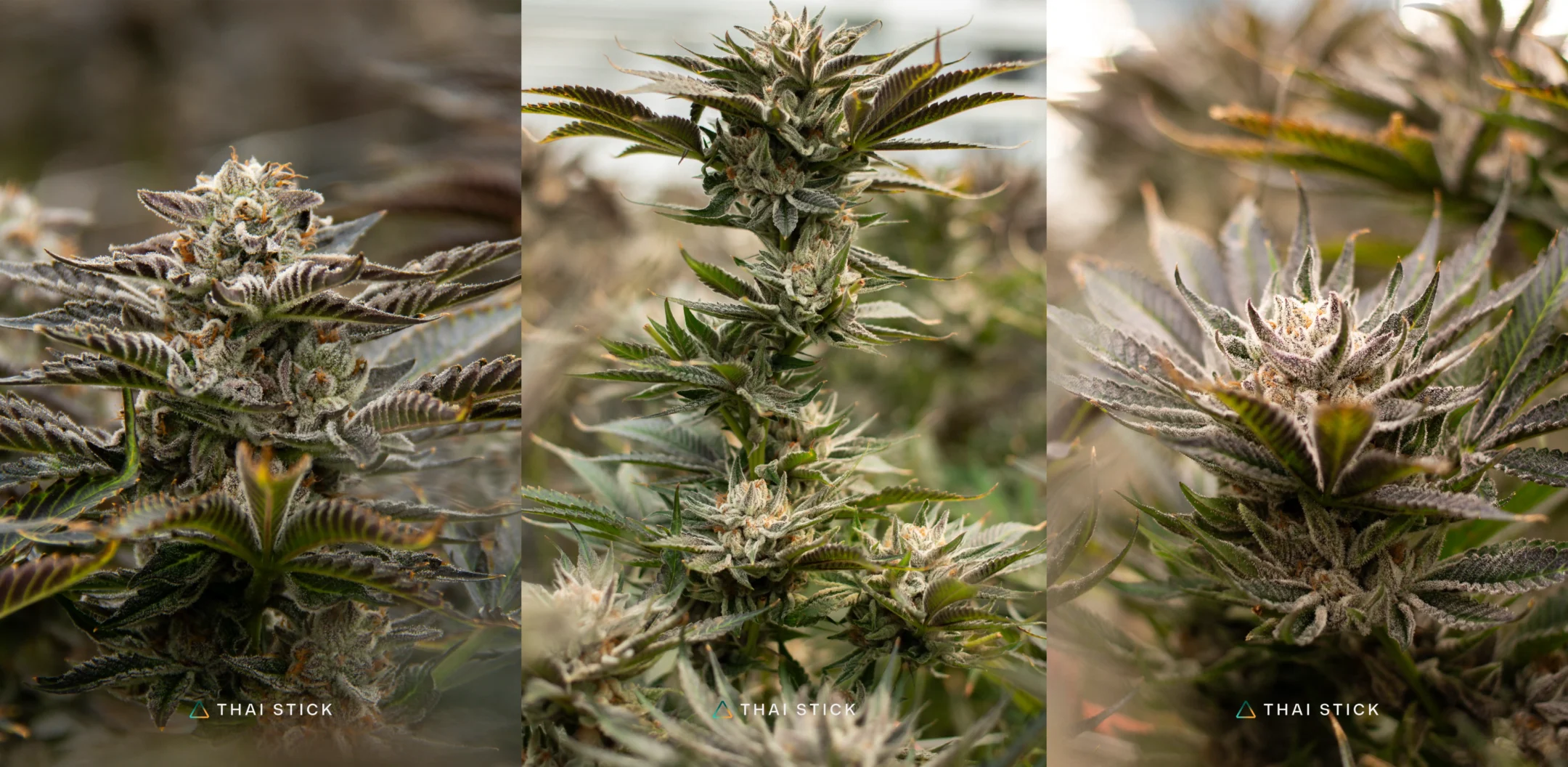
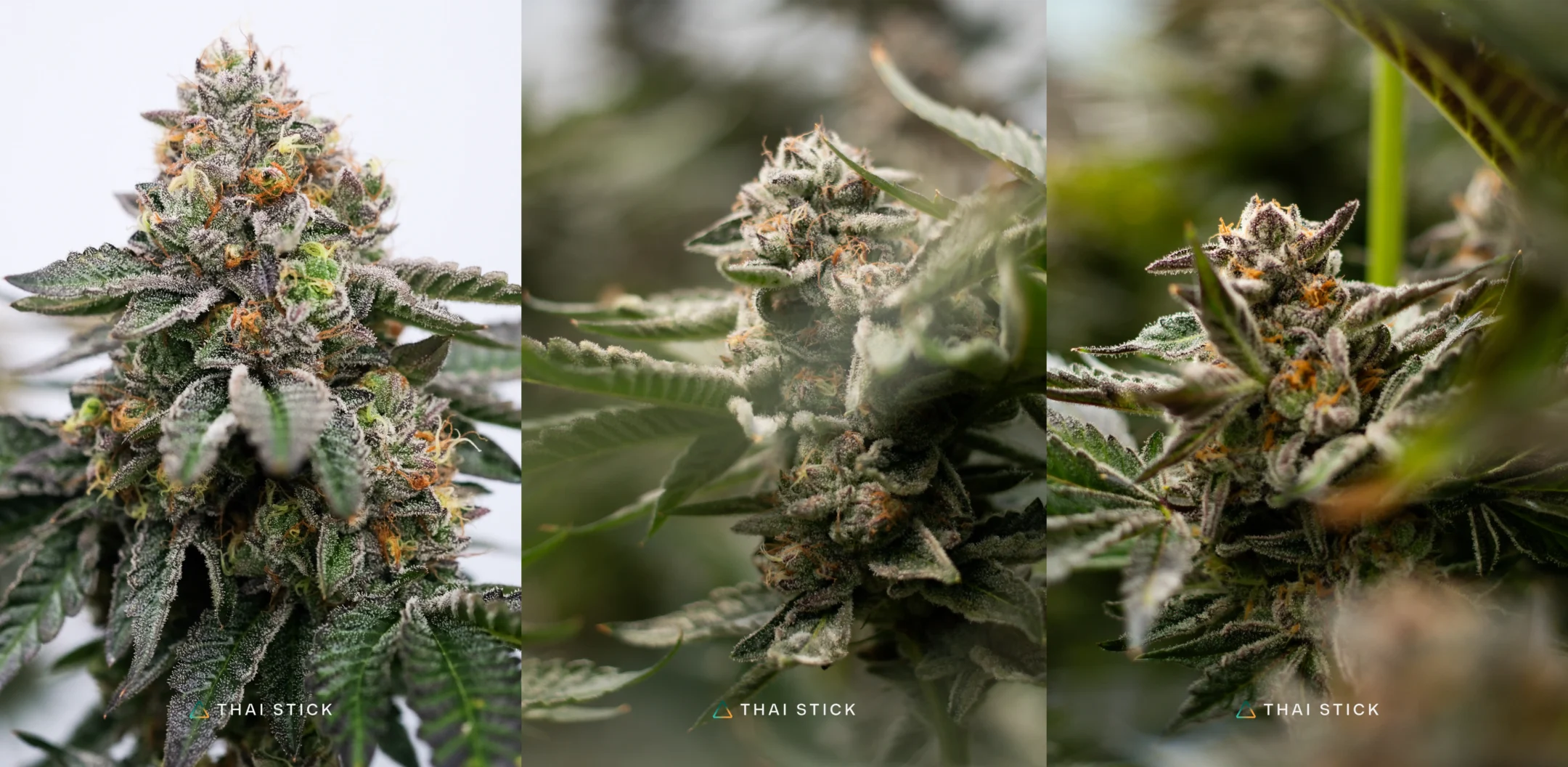
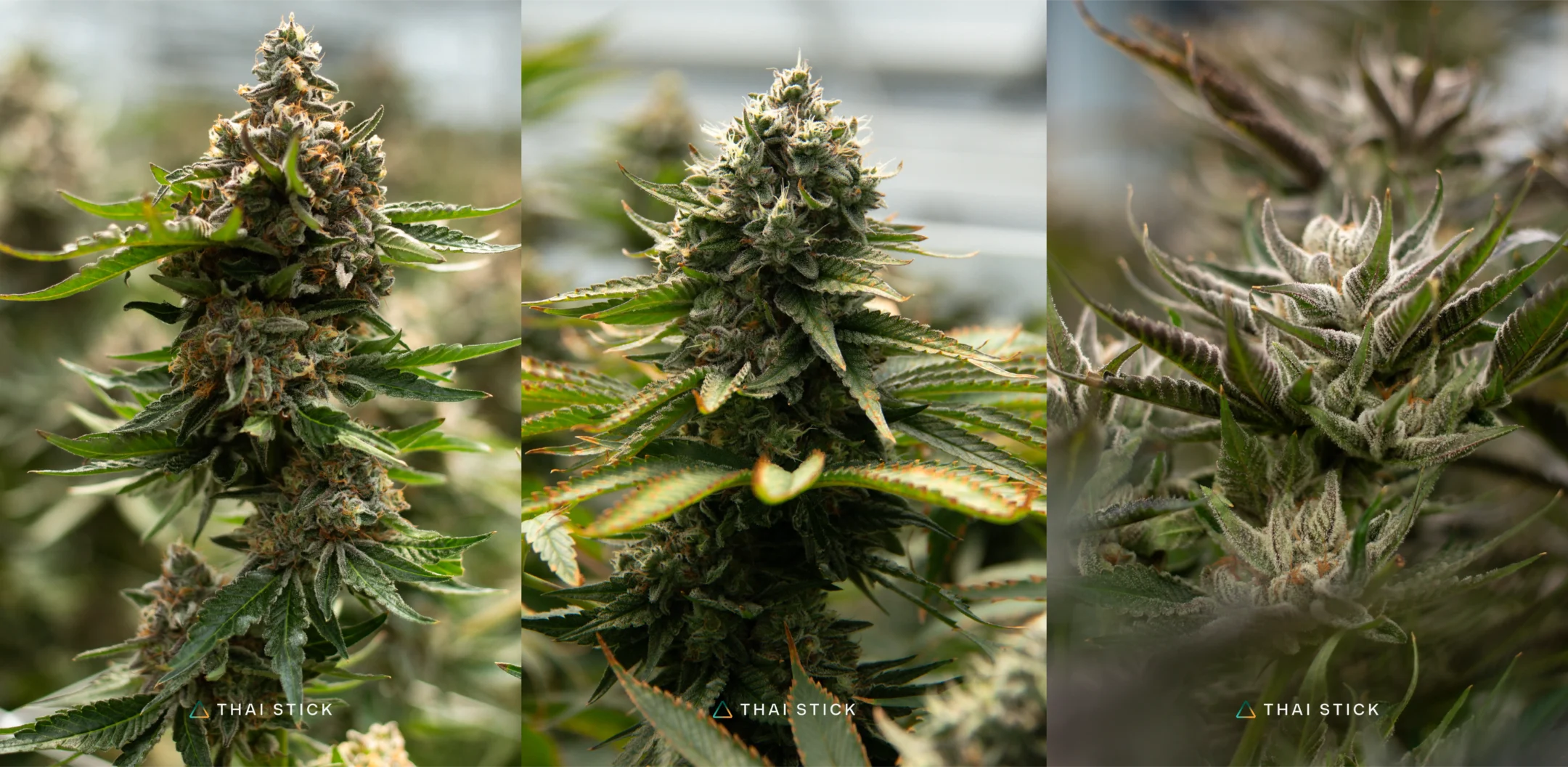
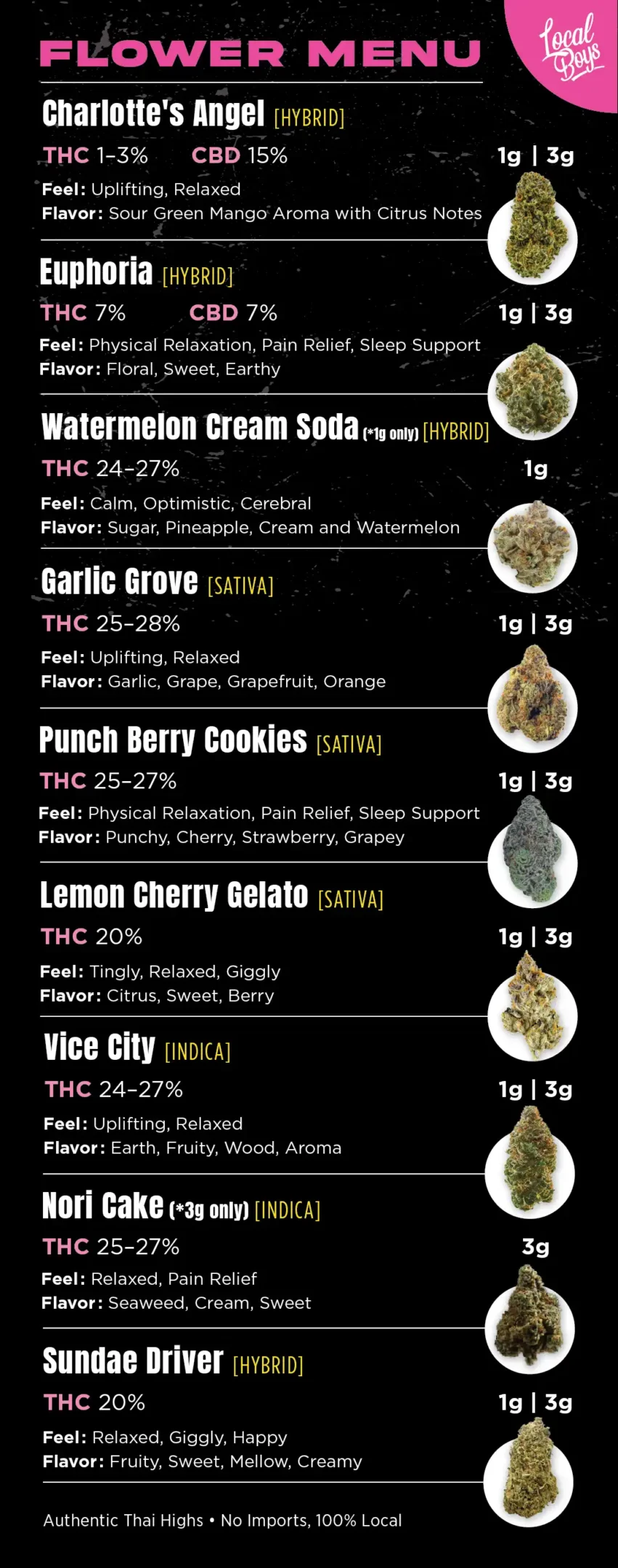

 @bloom.asia
@bloom.asia

